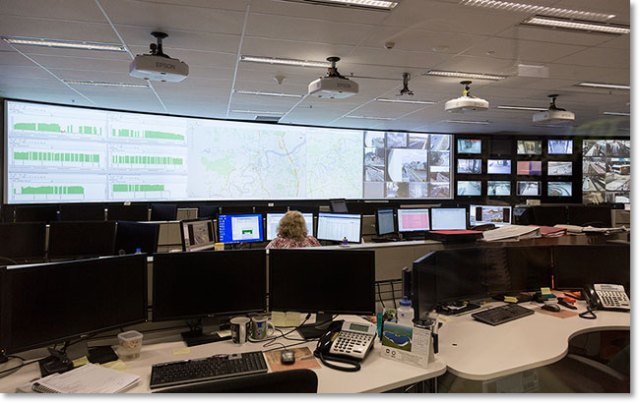“Reflective practice is as much a state of mind as it is a set of activities. “
—J. C. Vaughan (1990, p. ix), foreword in Clift, Houston, & Pugach (Eds.),
Encouraging Reflective Practice in Education: An Analysis of Issues and Programs
When I think of reflective practice, I imagine myself sitting in front of a huge screen with a number of smaller ones: with me holding a class, my experienced peer holding a class, a newly qualified teacher holding a lesson, a page of ELT blog open, …on; whereas I am observing what’s going on each monitor, analyzing and comparing it and trying to work out effective ways of improving teaching… .
Among a large number of definitions of what reflective practice is, I have selected the one which does appeal to me most, “The practice of periodically stepping back to ponder the meaning of what has recently transpired . . . [Reflective practice] privileges the process of inquiry . . . probing to a deeper level than trial and error experience” (Raelin, 2002, p. 66) In other words, it is a constant desire to question your teaching, to ask for new challenges and experiments. Every step taken at reflective practice is for the sake of development- yours as a teacher, your students’, your peers’, of your school on the whole.
In my opinion, the forms of reflective practice could be exploited more effectively if some of them were integrated and applied together. For example,
-recording of lessons+observation+lesson reports;
– blogs+lesson reports;
-surveys/questionnaires+journals/blogs;
-lesson reports/observation+action research+blogs;
-lesson reports/observation+surveys and questionnaires+action research+blogs
Such combinations are likely to enhance the effect of reflective practice as they involve different types of analysis, criteria, target audience, and feedback as well as they boost development and correcting faults. For example, it will be interesting to upload the results of a students’ survey or questionnaire to the blog and using other followers’ data, work out the main features of student’s learning, find out the main causes of their problems or analyze the typical ways of making progress. It could be a quick interactive way of exchanging information and sharing experience, which will allow teachers and teacher trainers to avoid reinventing the wheel.
As far as I am concerned, I am planning to test the combination of lesson reports/observation+action research+surveys+blogs first. As I am interested in teaching writing inspirationally, I am going to focus on the research of related activities and hope to collect enough data and knowledge to improve my teaching performance, check my students’ attitude to activities, offer my feedback and get feedback from my followers.
Reflective practice gives a great opportunity to make a pause, ”switch on all your monitors”, watch, analyse what goes wrong and how to change the situation for the better. We should be reasonable enough to be able to step back to get further ahead. It’s really worth it!
